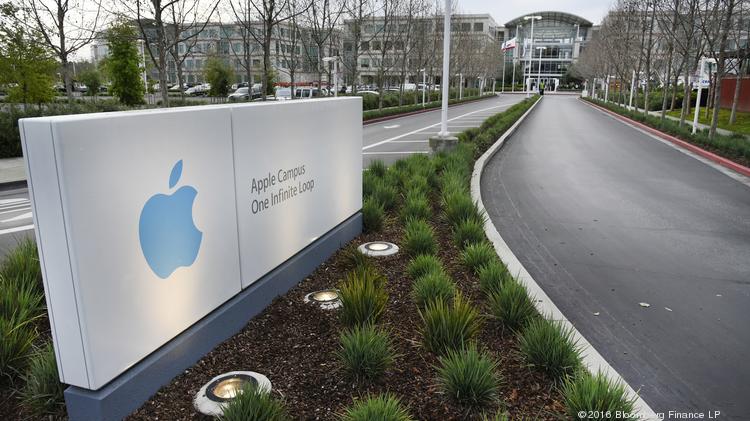Oregon could be home to Apple’s first proprietary Mac desktop CPU manufacturing facility

If there were any doubt that Apple is on a mission to design and build its own Apple Mac processors, now we can put them to rest, as the tech giant has laid the foundation for a new technology hub in Hillsboro, Oregon.
Ironically, the same city is home to Intel’s own facilities, where the hardware manufacturer builds its 14nm and 10nm foundries, for mobile and desktop devices.
Intel has been the major supplier of desktop processors for Apple Macs for decades, which currently accounts for 5 percent of Intel’s business. By this token, Intel losing Apple as purchaser of its chips may not be as big a loss as it may seem, considering that the majority of international laptop and desktop manufacturers, including Lenovo and HP, still rely heavily on Intel, with a still tiny slice of market shared across a number of ARM-based chip makers, like Qualcomm.
Apple’s new facility is already scouting to fill positions in several categories, including performance validation in non-iOS workloads, memory controllers, coherency protocols and memory subsystem.
A number of former senior Intel engineers have already been recruited, to begin work on Apple’s new chips, which won’t be limited to CPUs, but also graphical chipsets, which could mean that Intel may not be the only supplier on the chopping block. AMD could be next, as Apple will likely begin development of integrated GPUs, alongside it’s CPU research.
According to current information regarding Project Star, Apple’s focus will also shift from the traditional desktop-bound x86 architecture, to ARM-based processing, which promises to provide not only greater computing speed, but also better power efficiency.
Apple is not the only one with an interest in developing ARM CPUs. Microsoft has been working with Qualcomm, to integrate Snapdragon 850 processors into devices like the Surface Pro, as the company is rumored to be working on a prototype that could birth a whole generation of entry-level budget Surface devices that will directly compete with Chromebooks and iPad Pros.
If both tech giants succeed in building ARM processors that are faster, smaller, and with less cooling requirements than x86 CPUs, the outlook of traditional desktop processors doesn’t look very good, and a possible transition from phasing out to obsolescence could become a real possibility.
ARM processors offer a flexibility that other CPUs simply don’t have, as they can fit on full-on SoC, to power devices as small at the Apple Watch, or as big as Astra, the newest ARM-based supercomputer co-engineered by the US Department of Energy, for nuclear research, which has already shown dramatic efficiency peaks, even compared to the DoE’s more powerful x86-based supercomputer, Summit, currently ranked world’s most powerful.